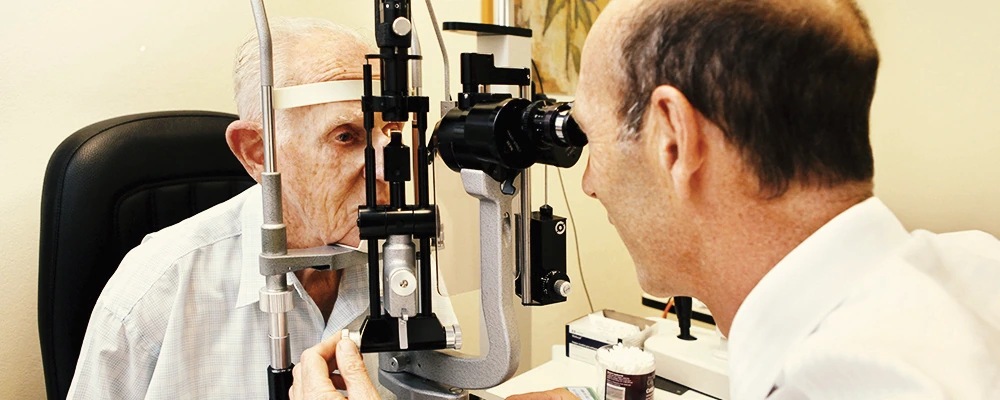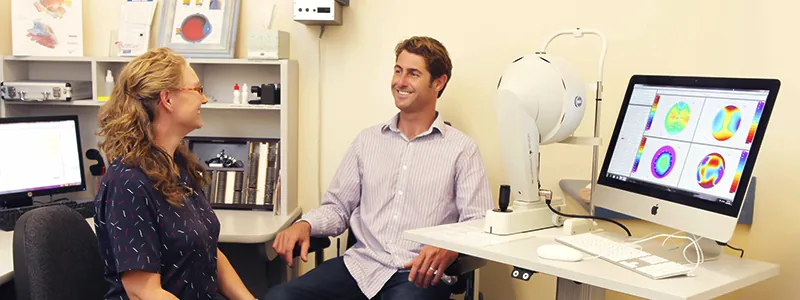Vision Loss: Adapting and Thriving
Vision loss can significantly impact your daily life, making routine activities challenging. However, with the right support and resources, individuals with vision impairment can maintain independence and continue to enjoy many activities.
Who is Affected by Vision Loss?
While vision impairment can occur at any age, approximately two-thirds of those affected are over 65. Various types of vision loss affect people differently, influencing their ability to see and move about. While some vision impairments can be prevented, others may be genetic or age-related. In Australia, about six percent of those with vision impairment are completely blind.
Types of Vision Loss
The major causes and effects of vision impairment are:
- Age-Related Macular Degeneration (AMD): Affects central vision, making activities like reading and recognizing faces difficult.
- Diabetic Retinopathy: Caused by diabetes, leading to blurred and patchy vision.
- Glaucoma: Results in tunnel vision, impacting mobility and driving.
- Cataracts: Cause blurred vision and increased glare sensitivity, but can be treated surgically.
- Refractive Errors: Include conditions like long-sightedness, short-sightedness, astigmatism, and presbyopia. Correctable with glasses or contact lenses.
- Vision Loss in Children: Various diseases and conditions can affect the visual system in infants, influencing their development.

Vision Loss Services
Forster Eye Surgery’s vision loss services provide support and advice to people of all ages and with all degrees of vision impairment or blindness. You can get an assessment of optical and other devices as well as support in developing strategies to make best use of your remaining vision. Occupational therapists offer advice and guidance on increasing your independence in a wide variety of everyday activities. You may also need support in making changes to your home and workplace or training in the use of adaptive equipment or a guide dog. See Vision Australia for more information.
Numerous services and supports are available for individuals with vision impairment or blindness:
- Mobility Training: Learn to use mobility aids like white canes or guide dogs to navigate safely and confidently.
- Adaptive Devices: Access to large print, tactile markers, and other devices to assist with everyday tasks.
- Specialised Radio Services: Radio stations that broadcast readings of newspapers, magazines, and books for those unable to read standard print.
- Accessible Libraries: Libraries offering books and information in large print, braille, or audio formats.
- Everyday Living Aids: Tools like needle threaders, talking watches, and coin holders to assist with daily activities.
- Descriptive Videos: Videos with audio descriptions of visual elements to enhance understanding.
- Low-Vision Clinics: Offer spectacles, magnifiers, telescopes, and other devices to maximise remaining vision.
- IT Devices: Tablets and smartphones now offer a wide range of functions for the vision impaired, from magnifiers to text-to-voice and image-to-voice systems.
For more detailed information and support, consider consulting organisations such as Vision Australia, Glaucoma Australia, and the Macular Foundation.

Preventing and Managing Vision Loss
While not all vision loss can be prevented, certain steps can help reduce the risk:
- Regular Eye Exams: Early detection of issues can prevent severe vision loss.
- Healthy Lifestyle: A balanced diet, regular exercise, and avoiding smoking can support eye health.
- Managing Chronic Conditions: Proper management of diabetes and high blood pressure can prevent related vision problems.
- Sun Protection: Wearing sunglasses and hats can protect your eyes from harmful UV rays.

